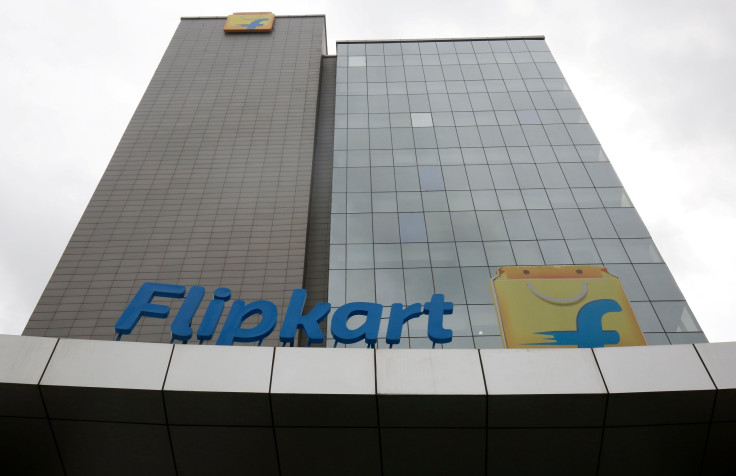Walmart, Alphabet Acquiring Flipkart’s Majority Stake To Take On Amazon In India

Walmart Inc. clinched a deal Thursday to acquire 73 percent of e-commerce company Flipkart, which is currently one of the biggest players in Indian market. Google’s parent company Alphabet Inc. also participated in the deal, which valued Flipkart at between $20-22 billion.
The move, which has been termed one of the biggest acquisitions in the world's second-most populous country, and is the biggest ever by Walmart, would see the retail giant spend at least $14.6 billion (up to $16 billion) in a cash-and-stock buyout. Alphabet is investing $3 billion in the deal, though the exact details of its involvement were not clear.
“Everything has been finalised… The papers have been signed by both the parties,” Factory Daily quoted an unnamed source, referring to Flipkart and Walmart.
The decision came a week after Flipkart bought back about 1.9 million preference shares worth a total of $350 million from various minority investors including DST Global and IDG Ventures in a transaction that closed April 27. The procedure was a step toward converting Flipkart to a private company from a Singapore-incorporated one, Paper.vc, India’s private market intelligence platform, reported. The buy-back brought about a clean exit of a significant portion of Flipkart’s shareholders.
On Thursday, Walmart informed Flipkart it plans to sell shares in an initial public offer (IPO) in three years' time.
The source told Factor Daily, “That has already been discussed as part of the deal talks.”
Another source said, “Cash component will be close to 55 percent, which will mark the exit of some of the largest investors in Flipkart.”
Factor Daily stated some friendly investors such as Tencent, Microsoft and Tiger Global might not cash out, while Softbank, which holds 20 percent stake, will exit, making $4 billion in the process. It had invested $2.5 billion in Flipkart in 2017, when the company had a lower valuation.
The deal will see Flipkart CEO Kalyan Krishnamurthy continue with the company, while one of the two founders, Sachin Bansal, might leave. India-based website BGR.in reported cofounder Binny Bansal might remain in some capacity as Walmart wants to retain only one of the founders.
There are various reasons Walmart decided on Flipkart instead of other players in India's sprawling e-commerce space, such as Snapdeal or ShopClues, the primary being its large logistics network and its capability to withstand an onslaught from Amazon. Walmart also plans to develop a grocery marketplace using Flipkart. This is something the American multinational company was planning to build in India for a decade. However, Indian laws do not allow foreign direct investments in multi-brand retail.
“Building the agri supply chain was the single largest driver in the deal… Walmart’s focus on foods isn’t changing be it physical retail or ecommerce,” one of the sources told Factor Daily. “One has to look at traceability and tracking in the food supply chain… Walmart is going big on farm to home. … Walmart wants to use blockchain technology for traceability… It is important for food safety,” the source said.
India is a fast-growing e-commerce market, currently worth $27 billion and forecast to grow at 29.2 percent over the next four years, reaching $73 billion by 2022. According to Forrester Research, India might become a $200 billion market in a decade, making it the most sought after ground now.
On Wednesday, Amazon sought a 60 percent stake in Flipkart, which might have challenged Walmart’s plan. The interest of Amazon and Walmart in India could also be because the retailers have struggled to find footing in China, largely because of the presence of local e-commerce players like Alibaba.
Walmart shares closed 0.13 percent lower Thursday on the New York Stock Exchange, while Amazon stocks closed higher by 2.39 percent on Nasdaq.
© Copyright IBTimes 2024. All rights reserved.





















